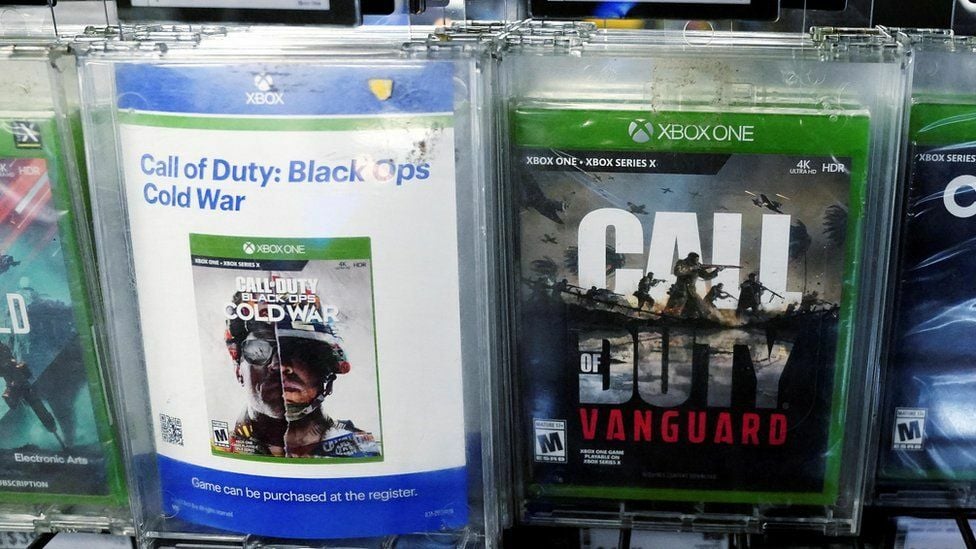FTC seeks halt of Microsoft’s $69bn Activision deal amid competition fears

US regulators have requested a judge to halt Microsoft’s US$69bn acquisition of Activision Blizzard, the Call of Duty publisher. The US Federal Trade Commission (FTC) expressed concerns that the deal, the largest in the video game industry’s history, could “substantially lessen competition” within the sector. This development follows the UK’s decision to block the deal over similar concerns, while the EU approved it. A trial in the US is set to commence in August.
The FTC stated in a court filing that a “preliminary injunction is necessary to… prevent interim harm” while it determines whether “the proposed acquisition violates US antitrust law”. The proposed takeover has divided global regulators, and for the deal to proceed, it requires approval from regulatory bodies in the UK, the EU, and the US.
The European Commission has given the green light for the acquisition, as Microsoft’s offer of 10-year free licensing deals would ensure fair competition. These deals promise European consumers and cloud game streaming services access to Activision’s PC and console games. However, in April, the UK’s Competition and Markets Authority (CMA) blocked the deal, citing concerns about reduced innovation and limited choices for gamers.
Microsoft and Activision criticised the decision and announced their intention to appeal. Microsoft president Brad Smith referred to the company’s “darkest day” in its four decades of operating in the UK. In response to the FTC’s announcement, Smith said Microsoft welcomed the “opportunity to present our case in federal court” in an effort to persuade US regulators to allow the deal to proceed. “We believe accelerating the legal process in the US will ultimately bring more choice and competition to the market,” he added.
The acquisition of Activision, which also produces Candy Crush, is considered crucial for Microsoft as it tries to keep pace with its main rival, Sony. Microsoft’s investment in the gaming industry appears to be a strategic move for the future, with the company focusing on its Xbox Game Pass service, often called the “Netflix of games”. Microsoft envisions the future of gaming to be centred around subscriptions to libraries and streaming games through “cloud gaming” rather than one-off purchases, which is currently the primary method for accessing games.
Latest Thailand News
Follow The Thaiger on Google News:
























